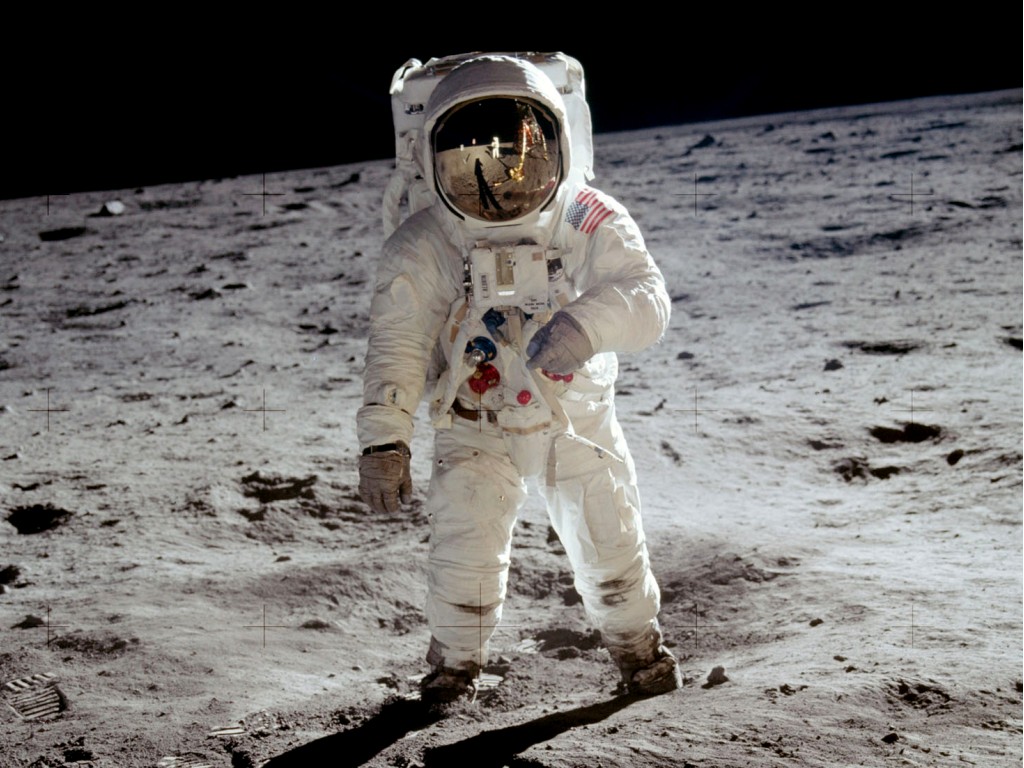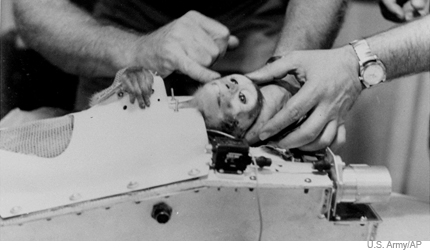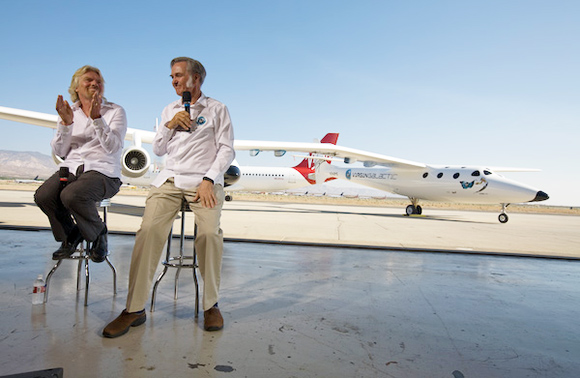“‘This film integrates my life’s achievements,’ he told me. ‘It’s the most complicated stuff anyone’s ever done.” Another time, he said, “If you set your goals ridiculously high and it’s a failure, you will fail above everyone else’s success.’” On the eve of Avatar, the New Yorker‘s Dana Goodyear delivers a long and interesting profile of take-no-guff, autocratic auteur James Cameron. (“A small, loyal band of cast and crew works with him repeatedly; they call the dark side of his personality Mij–Jim backward.“)
The whole thing is definitely worth a read, but this caught me eye further down the piece: “‘We should ultimately have colonies on Mars, for purposes of expanding the footprint of the human race,’ Cameron says. He shares with the Mars Society the opinion that NASA — on whose advisory council he sat for three years — has become too risk-averse. ‘We’ve become cowards, basically,’ he says. ‘As a society, we’re just fat and happy and comfortable and we’ve lost the edge.’” Listen to the King of the World — he’s dead on.





